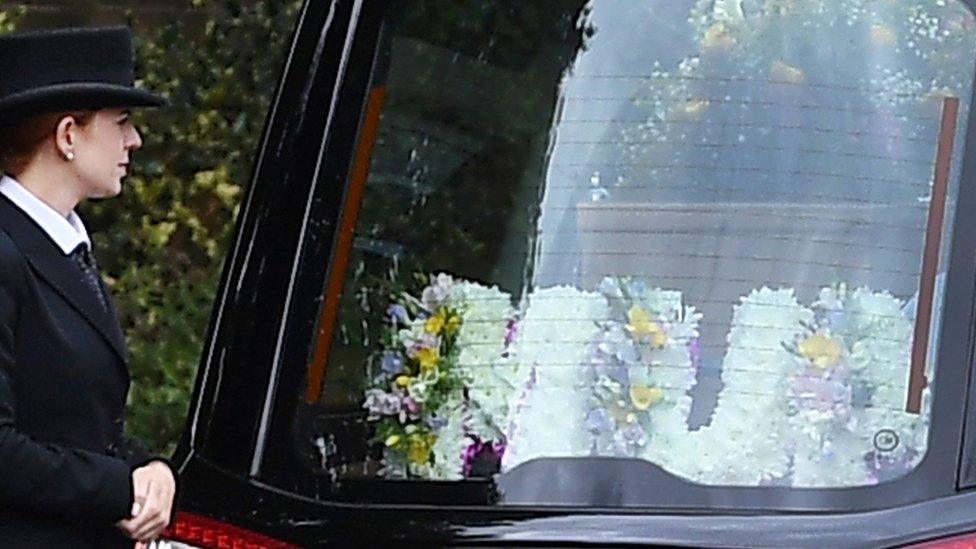Novichok victim Dawn Sturgess' daughter challenges coroner
- Published
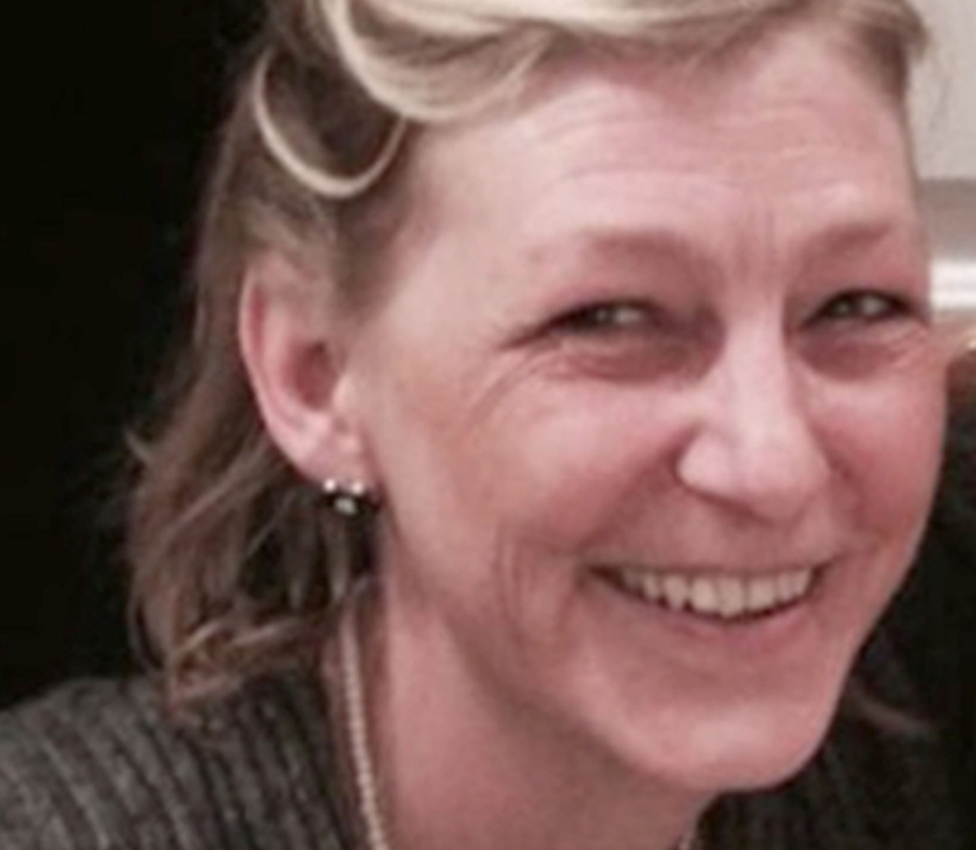
Lawyers acting for Dawn Sturgess' daughter are arguing the coroner's decision was wrong
The daughter of a woman killed by a nerve agent wants her mother's inquest to consider whether senior members of the Russian state were responsible.
Dawn Sturgess died in hospital in Salisbury, Wiltshire, in July 2018.
Lawyers for her daughter are arguing that coroner David Ridley's decision to limit the inquest's scope was wrong.
Two High Court judges are expected to reserve their judgement until a later date after the hearing, which is due to end on Wednesday.
Ms Sturgess, 44, was poisoned after inadvertently spraying herself with Novichok contained in a perfume bottle, which had been given to her by her partner Charlie Rowley.
She died after collapsing at Mr Rowley's flat in Amesbury, which is near Salisbury.
Mr Ridley, the senior coroner for Wiltshire, ruled that while the inquest can examine the actions of two Russian agents thought to have been responsible for bringing Novichok to the county, it should not look at the actions of other Russians or the Russian state, nor should it consider where the nerve agent came from.
He decided these were outside the scope of the inquest, the evidence is overseas, and Ms Sturgess was not the target of the attempted assassination.
But lawyers acting for Ms Sturgess' daughter, referred to in the case as GS because of her age, are arguing the decision was wrong.
In his submissions, Michael Mansfield QC said: "The use of Novichok in Salisbury was the first aggressive use of a nerve agent in Europe since the Second World War.
"It put hundreds of members of the British public at risk and killed Ms Sturgess.
"The issue of who was responsible for it is a matter of almost unparalleled public concern."
"There is a compelling public interest in this inquest investigating what responsibility the Russian state had for Ms Sturgess' death."
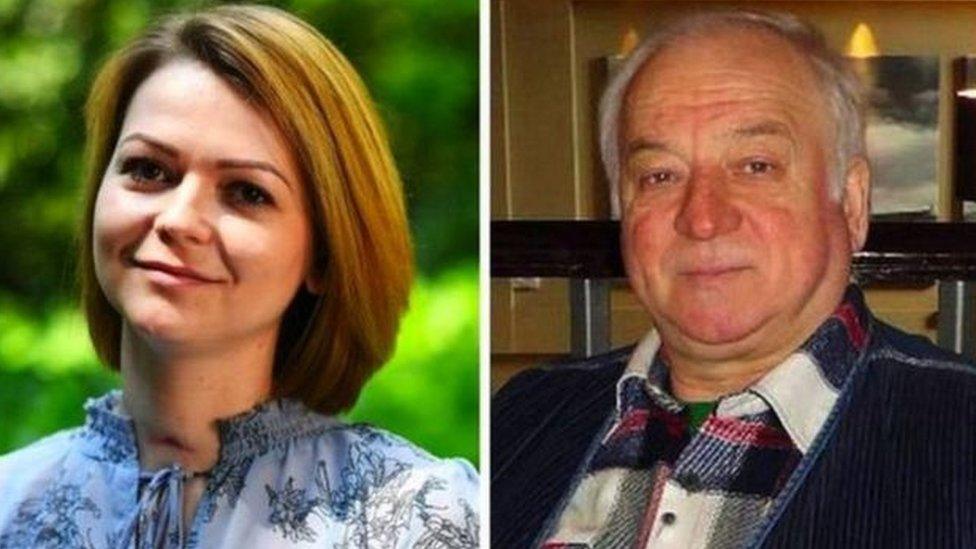
Sergei Skripal and his daughter Yulia survived the poisoning attempt
Police believe two Russian men, using the names Alexander Petrov and Ruslan Boshirov, brought the Novichok to Wiltshire in an attempt to assassinate the former agent Sergei Skripal.
He and his daughter Yulia Skripal both ended up in intensive care after they were found slumped on a bench in Salisbury, in March 2018, but both survived.
The decontamination of Salisbury and nearby Amesbury took nearly a year to complete.
Lawyers for the Home Secretary are arguing that the coroner's decision to limit the scope of the inquest was correct.
The hearing is due to end on Wednesday and is being conducted virtually, with all participants, including the two judges Lord Justice Bean and Mr Justice Lewis appearing on a video call.
- Published9 June 2020
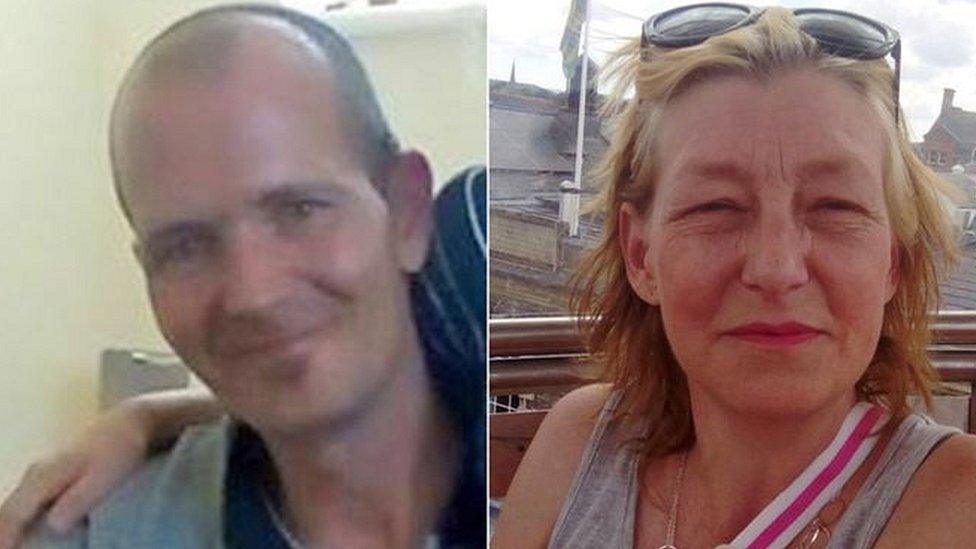
- Published12 December 2019
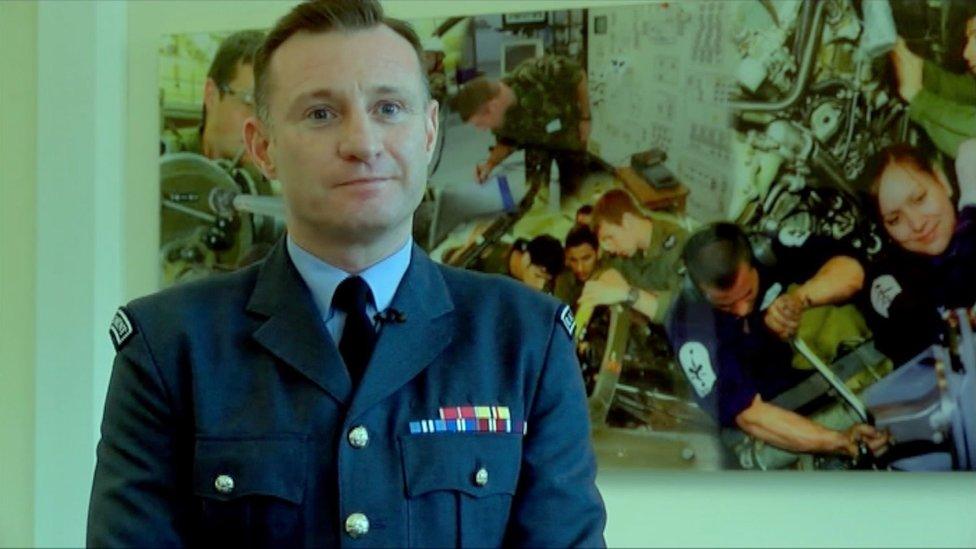
- Published5 December 2019
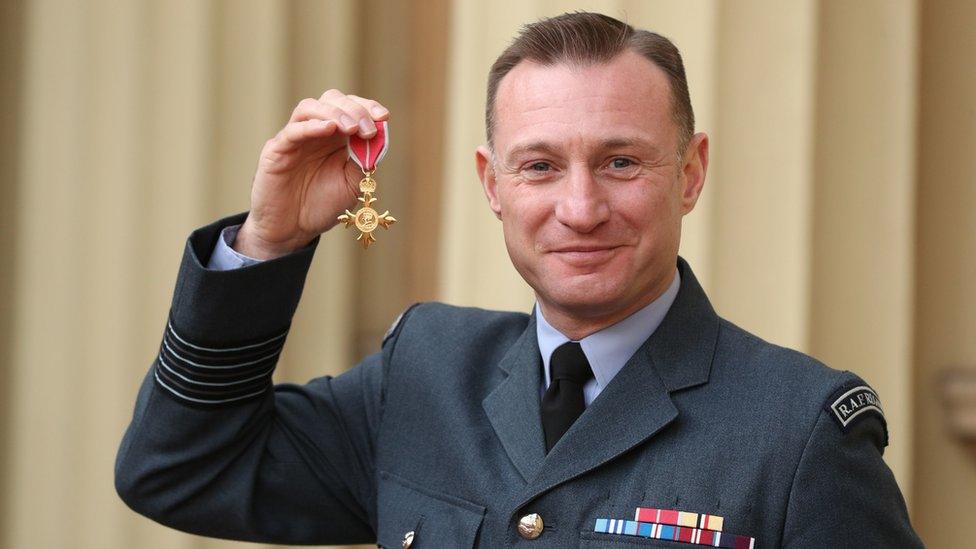
- Published30 July 2018
